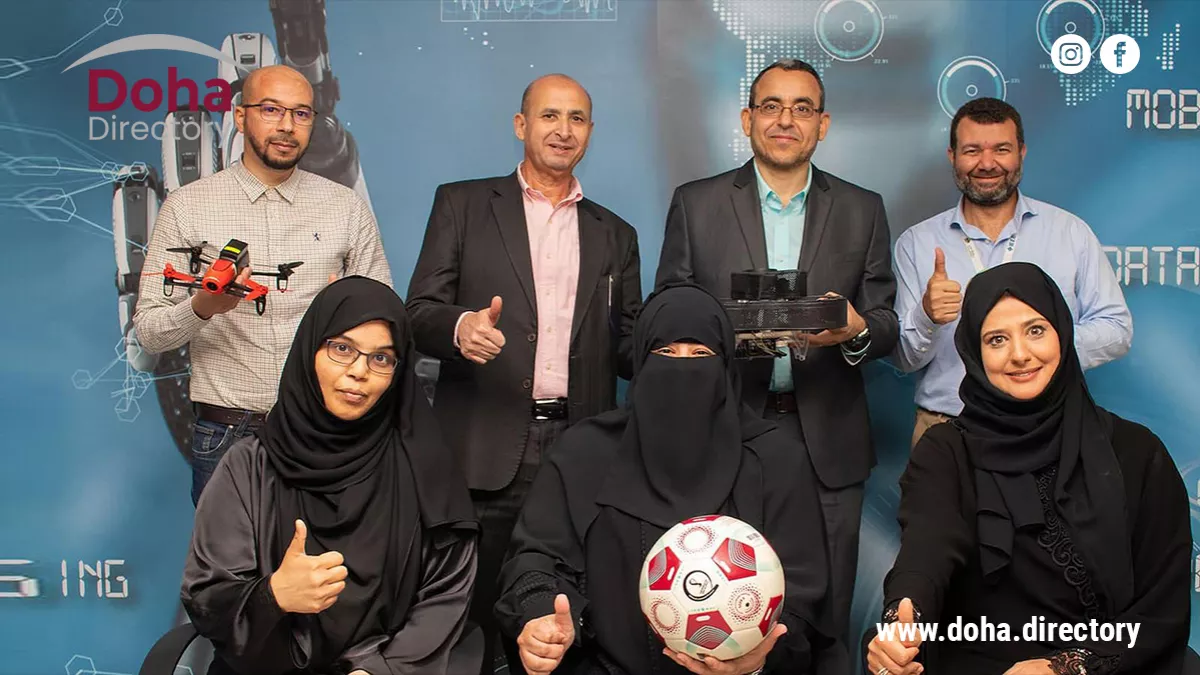
The College of Engineering at Qatar University (QU) has created an intelligent crowd management and control system with numerous components for crowd counting, face recognition, and abnormal event detection (AED) in partnership with the Supreme Committee for Delivery and Legacy (SC).
The organizing committee is primarily focused on the security and safety of participants, fans, and other parties involved with the FIFA World Cup Qatar 2022. Security hazards typically multiply when taking into account the size of the event and the sizable number of fans anticipated to attend (more than 1.5 million fans).
Due to the density of the audience inside and outside the stadiums, crowd control at the World Cup stadiums and their perimeters is essential to ensuring the safety and efficiency of the World Cup events. To improve crowd management, Qatar 2022 will rely on the use of cutting-edge technologies including surveillance drones, ICT, and AI.
In this regard, the QU research team initially created a system for counting crowds using data from drones that makes use of dilated and scaled neural networks to extract useful features and estimate crowd densities.
Moreover, the Football Supporters Crowd Dataset (FSC-Set), a novel dataset for crowd counting in sports venues, is presented. It contains 6000 manually categorized photographs of various settings with tens of thousands of people gathering in or near the stadiums.
The research team has also concentrated on creating a face identification system that uses a multitask convolutional neural network (CNN) to take into account faces in various poses. The left side, frontal, and right side captures of faces served as the training data for the CNN-based posture estimation method. In order to eliminate unnecessary face information (e.g., background content), a skin-based face segmentation approach based on structure-texture decomposition and a color-invariant description has been presented.
Abnormal event detection (AED) has recently attracted more attention thanks to drone-based video monitoring since it is dependable and economical. Typically, drones equipped with cameras may detect aggressive conduct in crowds at sporting events. During the World Cup, they can keep an eye on the crowds outside of stadiums and/or other public places.
In order to achieve this, the research team under the direction of Prof. Al Maadeed created a novel AED that seeks to learn abnormal movements utilizing both normal and abnormal segments. It makes it possible to avoid annotating odd occurrences in training video sequences, which lowers the computing cost and makes it simple to apply on drones.
Source: QatarLiving.com
